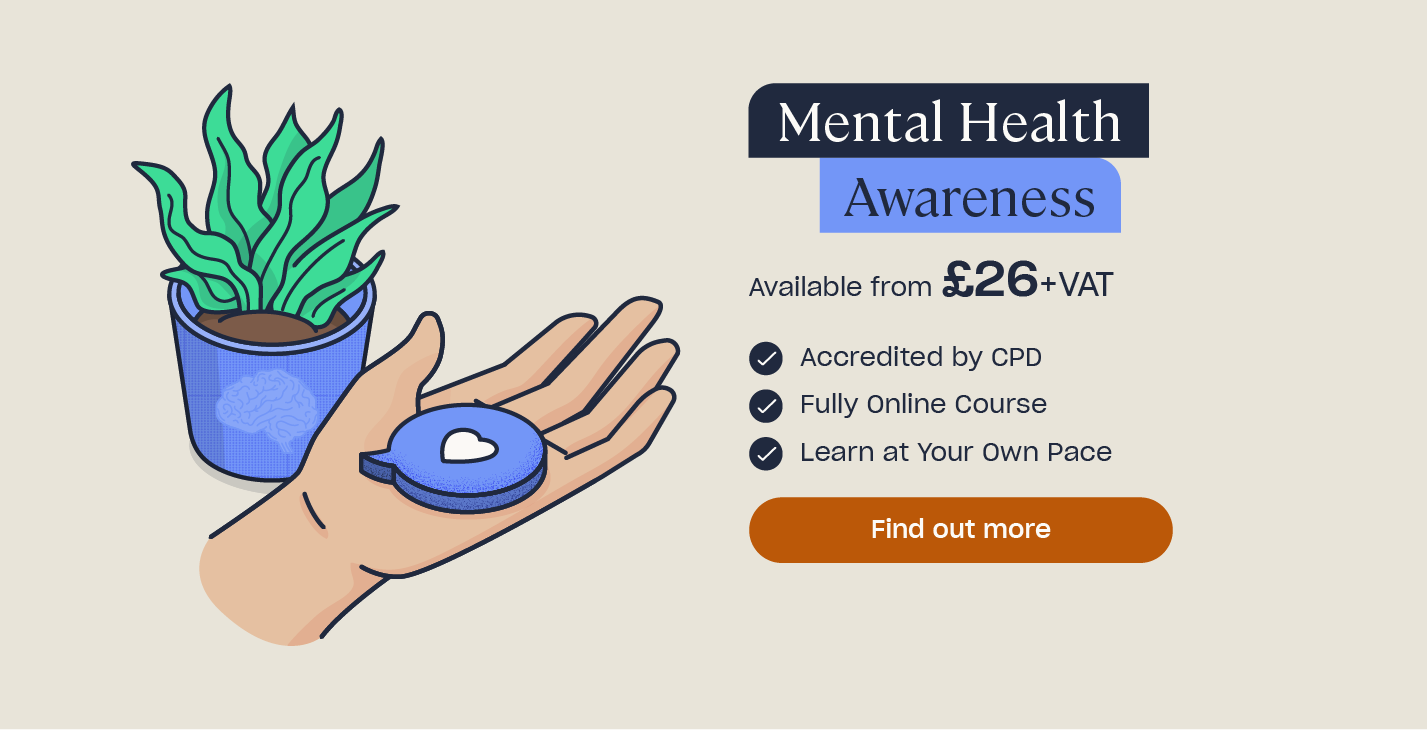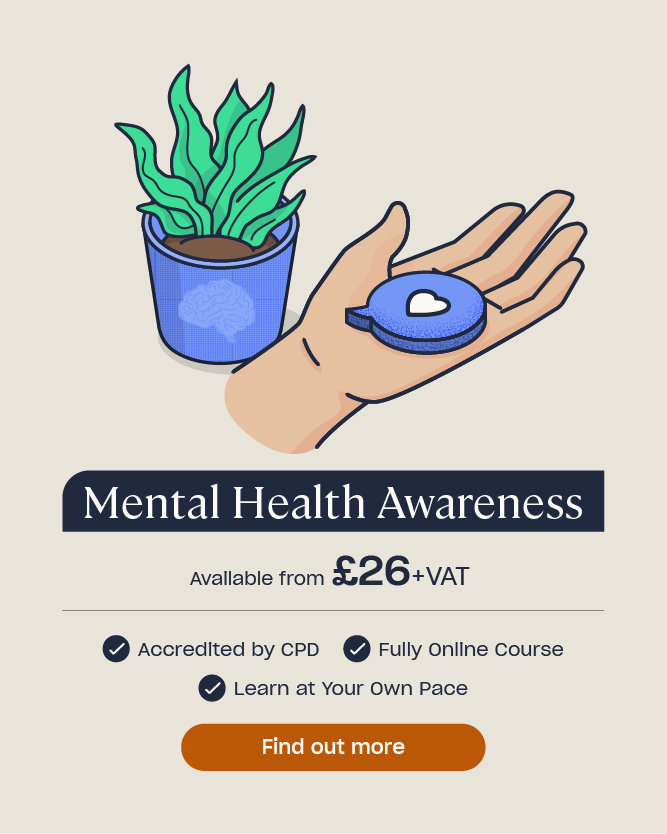Managing Your Mental Health at Christmas
While the Christmas period brings feelings of happiness and celebration to many people, it can also have a negative impact on our mental health. It is likely that we’ve all felt a bit stressed or overwhelmed during this time of year, and so we should all step back and take the time to focus on ourselves. For those who already experience poor mental health, Christmas can make this even more difficult.
We’ve put together some suggestions as to how you can manage your mental health at Christmas. It is important to understand that some of these may not help you personally, so don’t be put off if you don’t find them all successful. Your mental wellbeing is subjective, so find and use the techniques that work for you.
How Can Christmas Affect Our Mental Health?
The festive period can be an incredibly stressful time of year for many. Research by the mental health charity Mind found that over a quarter of people feel under pressure to achieve the ‘perfect Christmas’, suggesting the high, often unattainable expectations we attach to the holiday can be incredibly damaging. Mind also found that one in ten people feel unable to cope at Christmas. The number of people with existing mental health problems who feel unable to cope is almost triple that of the wider population, at 31% compared to 11%.
So, although those who are currently experiencing a mental health problem are more likely to feel worse at Christmas than those who aren’t, the festive period still has the potential to trigger negative thoughts for anyone.
Why Might Our Mental Health Suffer?
There are various reasons as to why our mental health may get worse at Christmas. For example:
- Christmas being emphasised as a time to spend with loved ones may make those who lack a close network of family or friends feel lonely. It can also cause painful memories of lost loved ones to resurface.
- For the majority of people, Christmas is a very costly time of year. People tend to overspend at Christmas, whether that be on expensive gifts, social events, travelling, decorations or food. For those already in financial difficulty, the pressure to have a perfect Christmas adds further strain and could cause some people to get into debt.
- Christmas is a very busy time of year with a lot happening, which can make people feel tired and anxious. It’s easy to forget to make time for ourselves.
- Routines are disrupted. One of the characteristics of some types of mental illness is a need for order and structure. Christmas can cause routines to become incredibly chaotic and some people may find this very upsetting and triggering.
- We often end up overexerting ourselves socially. The festive period is, for many people, one full of drinks and meals out, and you may find yourself feeling overwhelmed by the number of social events you have on.
- Everything is more intense and heightened. Specifically, this includes lights, music, traffic and crowds. Christmas markets and shops can become very busy, potentially creating feelings of claustrophobia as well as sensory overload.
- Many people have a tendency to overindulge in food and alcohol during the festive period. However, in excess, both have been proven to have a negative impact on some people’s mental health, as well as physical.
These reasons, plus the expectation to enjoy and be cheerful over the holidays, are just some of the ways that Christmas can negatively affect our mental health.

How Can We Manage Our Mental Health at Christmas?
We have put together some suggestions for effectively managing your mental health at Christmas. It is recommended that you follow these all year round, but especially at Christmas with it being a time of year that many people’s mental health declines.
Do Everything in Moderation
The busyness of Christmas is one of the main reasons some people experience poor mental health during the period. It is easy to become overwhelmed and burnt out from the sheer amount of planning, parties and various events. Seeing family and friends may be something you do want to do, or it may feel like an obligation, but, regardless, you need to know when to take a break.
Firstly, know that it is always ok to take time out. Your family and friends should understand this, and it is likely they have experienced how exhausting Christmas can be, though to a lesser extent. Remember to take it easy and to pace yourself. The best way to do this is to plan and break up the period into small, more manageable chunks. Then, you can take things day by day, or week by week.
As well as attending social events in moderation, you should be careful with what you eat and drink. Christmas is often a time of indulgence but an unhealthy diet can affect your mood drastically.
Set Aside Some Time for Yourself
Another way of managing your mental health at Christmas is to be kind to yourself and set aside some ‘me time’ to do something you enjoy. Self-care is incredibly important and takes different forms for everyone. Your idea of treating yourself may be reading, a hot bath, going for a walk, crafting, or it may simply be staying in and catching up on a TV series.
Whatever it is that you enjoy doing, set aside time to do it during the festive period. Of course, you should be making time for yourself all year round, but when things get particularly hectic and overwhelming this is especially important.
One way of making sure you take the time to focus on yourself is to plan it in and not let these plans be compromised. Organising your schedule will help you to feel more in control in general.
Reach Out and Talk
One of the most important ways of managing your mental health is to reach out to others. It can be incredibly helpful to talk about how you are feeling, whether that be to loved ones or medical professionals. While Christmas is presented as a time of year when we all must be cheerful, this is not always the case. It can be hard to acknowledge to others that you aren’t feeling well at this time of year. However, doing so and talking about your feelings can make things better.
Reaching out and talking doesn’t exclusively mean you must talk about how you are feeling; although it can be incredibly helpful, you may not feel comfortable with doing so. Instead, just having a conversation over coffee with a friend you haven’t seen in a while or a phone call with a relative may improve your sense of wellbeing. The focus of this doesn’t have to be your health, it could just be a catch up on other things going on in each of your lives.
Remember that if you feel as though you have nobody to talk to, Samaritans are available to speak to 24 hours a day, 365 days a year. You can call their helpline for free on 116 123 for a listening ear and help.
Practice Mindfulness
Mindfulness is a technique which involves focusing the mind on your body or breathing. Doing so draws your attention to what is happening in the present moment. By concentrating on one thing, this stops the mind from drifting to negative thoughts and feelings. As a result, mindfulness can help you to feel calmer, become more self-aware and manage your responses to damaging thoughts.
You may also find that practicing yoga helps you to manage your mental health. Both yoga and mindfulness involve focusing on the breath as it enters, passes through, and leaves the body. These deep breathing exercises calm the body and can reduce the severity of symptoms of anxiety. Similarly, if you experience panic attacks, you may have been recommended to focus on taking deep breaths as a way of managing them.
There are plenty of resources available online, including at Mindful, NHS and Mind. You may also find apps that you can download to your phone useful, such as Calm or Headspace. These include exercises that you can do wherever you are, making it easier to fit a few minutes of mindfulness into your schedule. Whether you choose to meditate or practice deep breathing exercises, you should try to do so on a regular basis. Set aside time every day and make it part of your routine.
Mindfulness does not work for everyone. If you can’t master it at first, don’t immediately give up. For most people, it is a skill that you need to practice in order to master. Equally, it may just not work for you as a way of managing your mental health. Instead, you may find forms of exercise more beneficial, such as running or a gentle stroll outside.
Do What Works for You
Most importantly, remember that we’re all different. We all have good and bad mental health, but some of us sometimes struggle to manage it more than others. What works for one person is not guaranteed to work for another, so pay attention to the things that trigger you and how to best manage them.
While our suggestions, based on advice from mental health organisations and personal experiences, are likely to be ways many people can manage their mental health over Christmas, they won’t help everyone. It is likely that you know what relaxes you already, just make sure you take the time out of your Christmas schedule to focus on yourself.

Managing Your Mental Health After Christmas
The months after Christmas can also take a toll on your mental health. You may experience feelings of depression or anxiety once the festive season is over and you may feel that you have nothing to look forward to. January is often a dark, cold month and feelings of fatigue as you return to work are common. Often, these feelings are made worse by the need to pay off large credit card bills following the inevitable Christmas splurge.
Know that it is normal to experience a decline in your sense of wellbeing after the festive period. It is likely that, to some extent, everyone around you is also feeling a bit down. Your routine should eventually settle down and you’ll be able to get back to how things were before Christmas.
Our suggested techniques of how to manage your mental health at Christmas are also applicable to the months after. Know when to take a break, do things that give you enjoyment and make you feel relaxed, reach out to others, and, most importantly do what works best for you.
Where Can I Get Help?
If you are struggling with your mental health, know that you are not alone and there are plenty of places you can get help. In times of crisis you may feel unable to talk to someone you know. Instead, you can get help from a stranger, confidentially, at the means below.
- Samaritans – Available to call on 116 123, for free, 24 hours a day, 7 days a week, Samaritans can provide a listening ear or someone to talk to. They will never judge you or tell you what to do.
- Mind – You can call the Mind Infoline on 0300 123 3393 Monday to Friday, 9am to 6pm. They can provide you with information on the types of mental health problems, where to get help, and possible treatments.
- CALM (Campaign Against Living Miserably) – The charity run a free, confidential helpline (0800 58 58 58) and webchat service offering information and advice to anyone struggling with mental health problems. They are available every day from 5pm to midnight. As a charity, one of their main focuses is on preventing male suicide, the single biggest killer of men under 45 in the UK.
- Shout Crisis Text Line – Shout is the UK’s first 24/7 text service for anyone in crisis. Like the helplines, it is free, but provides an alternative means of help if someone does not want to have a phone call.
You also have the option to call the emergency services on 999, or going to A&E. If you feel as though this step is not one you want to take, the other contacts listed above can provide you with help. They can refer you to other services, as well as simply listening without judgement to what you say or want to discuss.

The festive period can take a serious toll on your mental health. Remember that the perfect Christmas is not a realistic achievement and it’s okay to take time out for yourself. Hopefully, this article has provided you with some helpful suggestions as to how you can manage your mental health, as well as where you can get help and find resources if needed.
What to Read Next:
- How to Promote Positive Mental Health in the Workplace
- Mental Health Awareness Training Course
- How to Reduce Waste This Christmas: Tips & Advice
- How to Talk to Someone Who is Suicidal: Raising Awareness Through Myths and Facts











